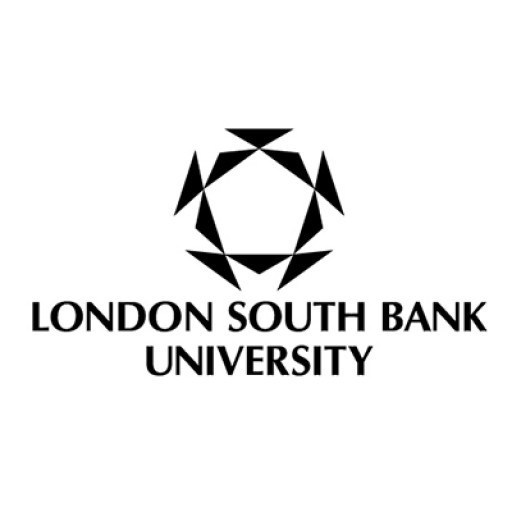The Department of Spatial Sciences offers a comprehensive Application in surveying in Western Australia. Surveying is a science-based field and is concerned with representation, measurement and direction of all data regarding the earth's physical and man-made capabilities. Specialist areas such as cadastral studies, geodesy, photogrammetry, surveying and land information systems are all also included. Associated areas include remote sensing, land development and preparation, mine surveying and hydrographic surveying. The discipline has become several high technology areas including satellite placement, laser scan, aerial and marine navigation, digital mapping and remote sensing, meticulous alignment surveying, investigation of structural deformations, and land and environmental management. Studying modern surveying calls upon elements from diverse areas such as computing, engineering, environmental engineering, geography, geology, management, mathematics and physics.
Graduates may become eligible for full membership to and certification by the Surveying and Spatial Sciences Institute (SSSI), in Addition to Registration to and accreditation by the Royal Institution of Chartered Surveyors (RICS). The job of Surveying class is accredited by the Institution of Civil Engineering Surveyors (ICES).
Please consult with http://study.curtin.edu.au for additional details on entrance for the class.
There is no specific information available regarding the financing studies for the Surveying program at Curtin University. Typically, domestic students enrolled in undergraduate and postgraduate programs at Curtin University may be eligible for various financial assistance options, including government loans, scholarships, and payment plans. International students, on the other hand, are generally responsible for paying tuition fees upfront or arranging private financial support, as government sponsorship options are limited. Curtin University offers a range of scholarships for both domestic and international students, which can significantly reduce the financial burden of studying. These scholarships are often based on academic achievement, financial need, or specific criteria related to the field of study. Additionally, students may explore external funding sources such as government grants, bursaries, or sponsorship from industry partners, which sometimes support students undertaking surveying degrees. The cost of studying a surveying program at Curtin University varies depending on the level of study (bachelor's or master's), the duration, and whether the student is domestic or international. Fees are typically published on the university’s official website and are subject to annual revision. International students are required to pay tuition fees in advance per semester or year, as per the university’s policies. Financial planning for a surveying program also includes considering living expenses, text books, equipment, and other study-related costs. Curtin University provides resources and guidance to help students plan their finances effectively, including financial counseling and budgeting tools. It is advisable for prospective students to contact the university’s admissions or student financial services for detailed information on current fee structures, scholarship opportunities, and financial assistance options relevant to studying surveying. In summary, while detailed specific financing options for the Surveying program are not explicitly published, students are encouraged to investigate available scholarships, federal or state government loan schemes (for domestic students), and external funding sources to support their studies. Proper financial planning is essential to ensure a smooth academic experience at Curtin University.
The Bachelor of Science in Surveying at Curtin University offers a comprehensive education in the field of surveying, which encompasses spatial data collection, mapping, land development, and geographic information systems. This program is designed to equip students with the technical skills and theoretical knowledge required to undertake land and engineering surveys, manage cadastral and property boundaries, and utilize cutting-edge technology in geospatial data collection. Students will gain practical experience with industry-standard equipment and software, preparing them for diverse roles within the surveying profession.
Throughout the course, students will explore core subjects such as land surveying, spatial data analysis, geodesy, cadastral systems, and construction surveying. The curriculum emphasizes both theoretical frameworks and practical applications, including fieldwork components that provide hands-on experience. The program integrates modern technological advancements, such as GPS, lidar, remote sensing, and GIS, reflecting the evolving nature of surveying professions.
Graduates of this program will be well-positioned for employment in various sectors, including urban planning, construction, mining, environmental management, and government agencies responsible for land administration. The program also supports pathways to professional recognition, with graduates eligible to pursue membership with professional bodies such as the Surveying and Spatial Sciences Institute (SSSI).
Curtin University's strong industry links, practical focus, and contemporary curriculum ensure that students are prepared for the dynamic job market. The university promotes sustainability and ethical practices in surveying, preparing students to contribute responsibly in their professional careers. Additionally, the program offers opportunities for internships and industry placements, providing students with valuable real-world experience and networking opportunities. Overall, the Bachelor of Science in Surveying at Curtin University is tailored to meet the demands of the modern surveying industry and aims to produce competent, innovative, and responsible surveying professionals.









